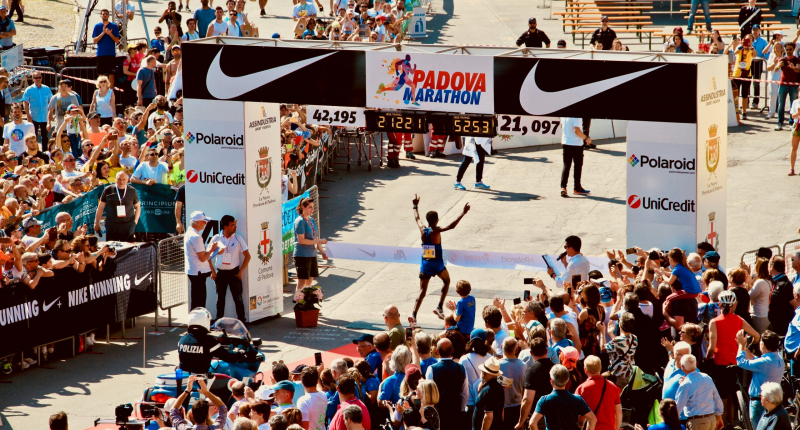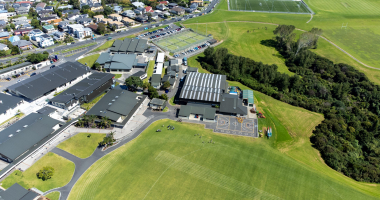The one benefit that always comes to mind when we think about sports is the positive effect that it has on our health. For those of us who despise things like cardio, it may temporarily break down our mental health, but there’s absolutely no doubt that all the literal sweat and tears put into maintaining your body will come back to you for the better. From slowing down ageing to improving the clarity of your skin, taking part in physical activity brings a universe of goodness that’s guaranteed to improve the quality of your life.
So, what holds people back from committing to a sport? Time, time, time. It’s another responsibility on top of the schooling and extracurriculars that students already have to do and sometimes, it’s just not possible to juggle all those things in your schedule. Yes, sport is supposed to reduce the stress you feel, but attending training and matches can also add to your workload and general lethargy. This in turn affects your ability to perform at school.
The large amount of effort required does still have its uses though, returning as real-world skills that can be helpful for life as an adult. Some employers may see athletes as being more capable of fitting into a team, working well under pressure, and committing to both mandatory and extra hours. Traits like discipline are especially prominent within the sporting society but only developed through hard work and dedication in the individual’s own time – although this often remains unrecognised. Even so, it’s the perfect chance to improve time management, self-regulation, and organisational skills.
It’s definitely easy to fall into the trap of thinking that sport is only beneficial if the person wants to play professionally. There’s an obvious difference between being a student-athlete and an athlete-student, and it’s hard to cross that line if you don’t have your parents’ support. At our age, school is expected to be the biggest and most important part of our lives so they may not approve of dividing spare time between studying and training. Certain sports may also be more expensive than others and not everyone is privileged enough to afford that sort of cost.
If you’re lucky enough to get the chance to join though, I can guarantee that you won’t regret it. Even in individual sports like tennis, physical recreation is arguably the best place to socialise and experience joint happiness. Just ask anyone who plays sports and they will tell you that that’s where they met their lifelong friends and made their best memories. Personally, I don’t think I would know half the people I do without volleyball, and all the sacrifices I’ve made to commit to both school and co-curriculars have been completely worth it.
All in all, in the end it’s completely up to the student. Whether you choose to be a social newbie or a future Olympic athlete, try your best to have a lifetime of physical activity and enjoy yourself and the journey. Who knows where it might take you!
12th February, 2024
Written by Ally Chu and edited by Aaron Huang and Emma Li
Image from Unsplash








